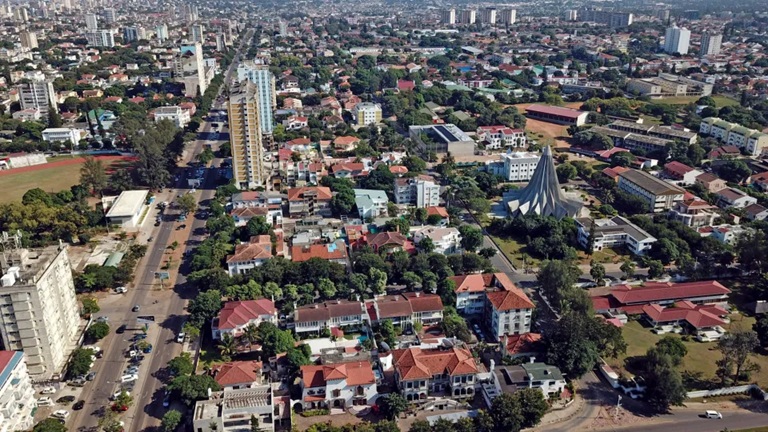Mozambique: Técnica Industrial achieves triple ISO certification
Mozambique: 50 agricultural processing centres to fight unemployment – academic

FILE - For illustration purposes only. [File photo: Lusa]
Mozambican academic Hélder Jauana advocated on Thursday for establishing 50 agricultural processing and marketing units in rural areas to tackle youth and women’s unemployment.
“The proposal I bring, which is not solely mine, comes from a group we have been reflecting with: the creation of rural micro-value units, small processing and marketing units established in the countryside. The idea is to create 50 processing units across the country to serve as employment models,” defended academic Hélder Jauana during the 20th Annual Private Sector Conference (CASP) in Maputo.
According to the sociologist, these 50 processing units, once established, should be linked to production units, including product transformation through digital resources and the use of cooperatives to expand their reach.
“There, we would have agriculture, fishing, forestry, and livestock all in one unit, and they (…) would create jobs,” Jauana said.
To ensure these units function effectively, the academic pointed out the need for infrastructure improvements such as dirt roads and irrigation facilities to guarantee agricultural production.
“The third measure is the creation of women’s networks with public procurement contracts, the fourth would be a youth programme distributing seeds and digital extension services to encourage food production, and the fifth is investing in a mobile market platform,” he added.
Hélder Jauana suggested funding for these 50 units could come from district government budgets and the private sector, projecting the creation of around 1,000 direct jobs within six months and the integration of 3,000 women into the value chain.
“This proposal focuses on rural areas. The challenge (…) for urban areas would be what we call the development of urban district hubs, creating 10 emerging urban hubs in all provincial capitals (…) accompanied by rapid territorial planning and zoning for micro-industrial, commercial, and residential areas,” he explained.
According to the academic, with the implementation of these urban hubs—featuring basic infrastructure such as roads, energy, internet, water supply, fiscal and administrative incentives, including public-private partnerships—about 100,000 jobs could be created within four months.
Also speaking at the event, academic and human rights advocate Custódio Duma stressed the need to review private sector financing criteria to promote job creation: “Reducing criteria or formalities for accessing finance could create conditions for the 75% of the population directly dependent on agriculture to expand not only their own work but also create jobs for others.”
He also highlighted the importance of local content, saying it is the State’s role to facilitate connections between suppliers and local entrepreneurs through its institutions.
“If we want to strengthen the value chains that will make employability in Mozambique more robust, entrepreneurs need to have this capacity, which necessarily comes from the flow of their business,” Duma said.
Custódio Duma further described the lack of recognition of labour, especially in urban areas—highlighting domestic workers—and called for clear policies to incentivise work performed via digital platforms.
“We have young people working on digital platforms and producing digital content, but there is no specific policy to include these young people so they can compete,” he said, calling for “a clear policy that would encourage the use of new technologies,” considering the new jobs generated from these platforms.












Leave a Reply
Be the First to Comment!
You must be logged in to post a comment.
You must be logged in to post a comment.